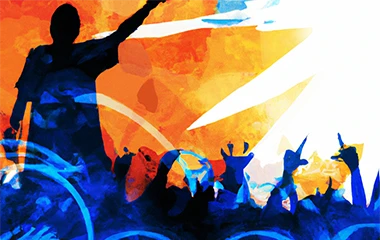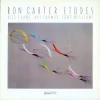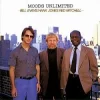Biography
Borrowing heavily from the impressionism of Debussy and Ravel, pianist Bill Evans brought an introverted, relaxed, and lyrical classical sensibility into jazz. Along with his keen technical ability and nuanced sense of harmony, Evans worked to democratize the role of the bassist and drummer in his succession of piano trios, encouraging greater contrapuntal interplay. After gaining widespread attention as a member of Miles Davis' late-'50s group, Evans garnered further acclaim for his own work, leading a celebrated trio with bassist Scott LaFaro and drummer Paul Motian and recording classic albums like 1960's Portrait in Jazz, 1961's At the Village Vanguard, and 1962's Waltz for Debby, the latter of which borrowed its title from the pianist's best-known composition. Following LaFaro's tragic death in 1961, Evans eventually forged a lasting creative partnership with bassist Eddie Gomez and continued to perform, working with drummers Jack DeJohnette and Marty Morell. He earned accolades including Grammy Awards for 1968's At the Montreux Jazz Festival, 1970's Alone, 1971's The Bill Evans Album, and 1979's We Will Meet Again. With the passage of time, Evans has become an entire school unto himself for pianists and a singular mood for listeners, leaving his mark on such noted players as Herbie Hancock, Keith Jarrett, Chick Corea, and Brad Mehldau.
Born and raised in New Jersey, Evans was recruited for Southeastern Louisiana University on a flute scholarship, where he received a thorough background in theory, played in the marching band, and also led his football team to a league championship as a quarterback. Graduating as a piano major in 1950, he started to tour with the Herbie Fields band, but the draft soon beckoned, and Evans was placed in the Fifth Army Band near Chicago. After three years in the service, he arrived in New York in 1954, playing in Tony Scott's quartet and undertaking postgraduate studies at Mannes College, where he encountered composer George Russell and his modal jazz theories. By 1956, he had already recorded his first album as a leader for Riverside, New Jazz Conceptions, still enthralled by the bop style of Bud Powell but also unveiling what was to become his best-known composition, "Waltz for Debby," which he wrote while still in the Army.
Genres
Member of


 FM
FM



